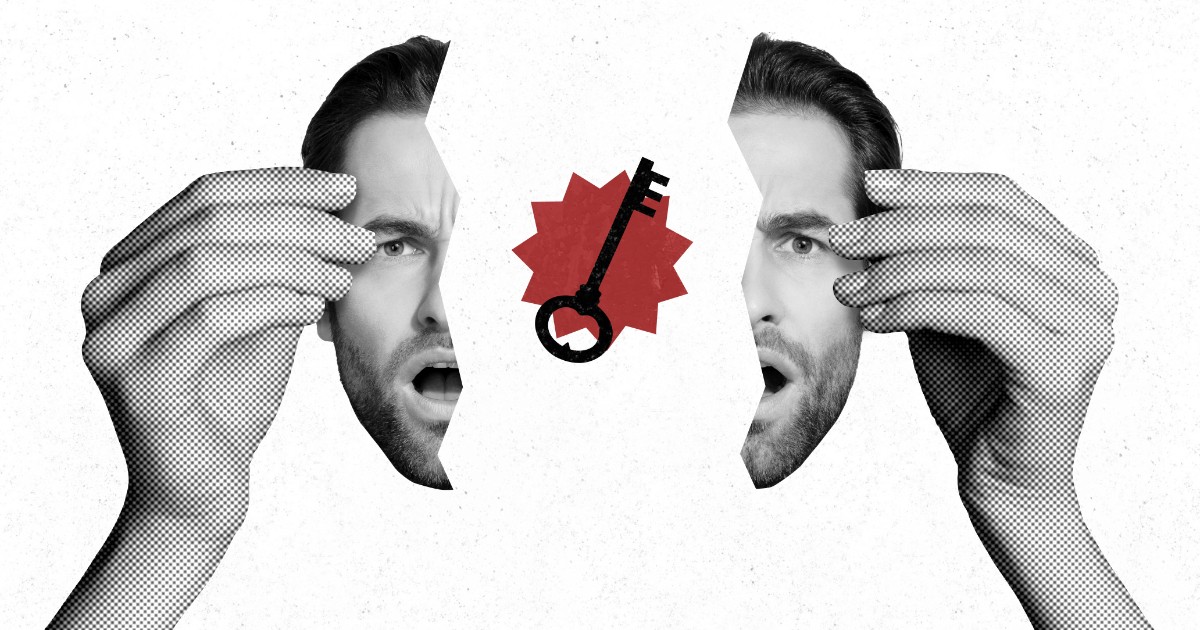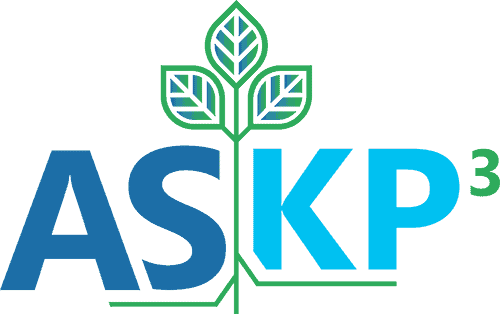Psychedelic therapy is quickly gaining popularity as a potentially transformative approach to mental health treatment. With promising results in managing conditions such as depression, anxiety, and PTSD, it’s crucial to explore how psychedelic therapy affects the brain. Below we will delve into the fascinating realm of psychedelic therapy, examining the neurological changes associated with this emerging alternative treatment for psychiatric disorders.
What Are Psychedelic Substances?
Psychedelics are psychoactive substances that cause changes in mood, perception, and cognitive processes. They are often classified into two: classic and non-classic psychedelics.
Classic psychedelics, such as lysergic acid diethylamide (LSD), psilocybin, dimethyltryptamine (DMT), and mescaline, occur naturally in plants and fungi and mainly act on the serotonin system in the brain. On the other hand, non-classic psychedelics, such as ketamine and MDMA, are synthetic and act on a variety of neurotransmitter systems.
The Role Of Psychedelics In Therapy
Psychedelic therapy is the controlled administration of psychedelic compounds, such as psilocybin or ketamine, under professional supervision and within a supportive clinical environment. This therapeutic approach also includes preparatory and integrative counseling sessions to optimize the benefits of the experience.
Clinical trials show that when used alongside psychotherapy, psychedelics can help significantly reduce symptoms of chronic and treatment-resistant mental health conditions, including depression, anxiety, and PTSD. According to research, this is because psychedelics can help to break down psychological barriers and promote suggestibility – making individuals more responsive to therapy.
What Does Psychedelic Therapy Do To The Brain?
Neurochemical Modulation
Psychedelic therapy appears to modulate the production of various neurotransmitters, such as serotonin, glutamate, dopamine, norepinephrine, and gamma-aminobutyric acid (GABA). By modulating the production of these vital chemical messengers, psychedelics make it easier for the brain to form potent neural pathways and allow for more efficient communication between neurons.
Increased Neural Plasticity
Neural plasticity refers to the brain’s ability to reorganize and form new potent neural connections. Psychedelic therapy appears to enhance neural plasticity, facilitating the brain’s capacity to adapt and change.
Studies have suggested that psychedelics promote neurogenesis (the birth of new neurons) and synaptogenesis (the formation of new synapses). These vital processes create potent communication pathways in the brain, which are often damaged in psychiatric disorders. The result is a dramatic and often sustained improvement in symptoms and overall functioning.
Reduced Activity In The Default Mode Network (DMN)
One of the intriguing aspects of psychedelic therapy is its ability to help individuals access repressed memories or traumatic experiences that have been pushed to the deep recesses of the mind. Psychedelics may temporarily disrupt the default mode network (DMN), a brain network associated with self-referential thinking and the maintenance of autobiographical memories.
By altering the activity of the DMN, psychedelics can create an environment where suppressed memories or traumatic experiences can come to the forefront of consciousness. This heightened accessibility to deeply rooted experiences can make individuals more responsive to talk therapy and facilitate the processing and resolution of past trauma.
This explains why psychedelic-assisted psychotherapy is quickly becoming popular in managing mood disorders, anxiety, and PTSD – especially in cases where traditional medications and therapy have not been sufficient in helping individuals overcome their symptoms.
Final Thoughts
Psychedelic therapy offers a unique and intriguing approach to mental health treatment, with the potential to bring about transformative experiences and lasting therapeutic benefits.
At Restoring Wellness Solutions, we offer ketamine-assisted psychotherapy to help individuals diagnosed with a range of treatment-resistant psychological disorders find relief. Our experienced team is committed to providing the highest level of care and personalized treatment to help you achieve your mental health goals. Contact us today to schedule a free consultation and learn more about how our cutting-edge treatments can help you reclaim your life.






